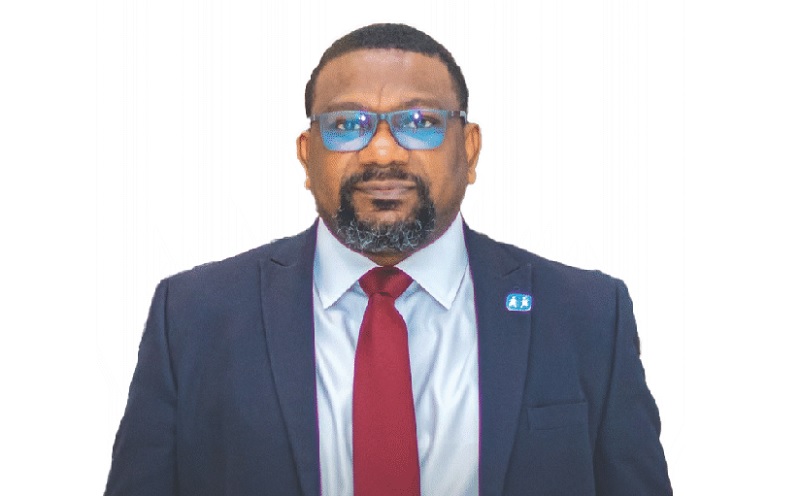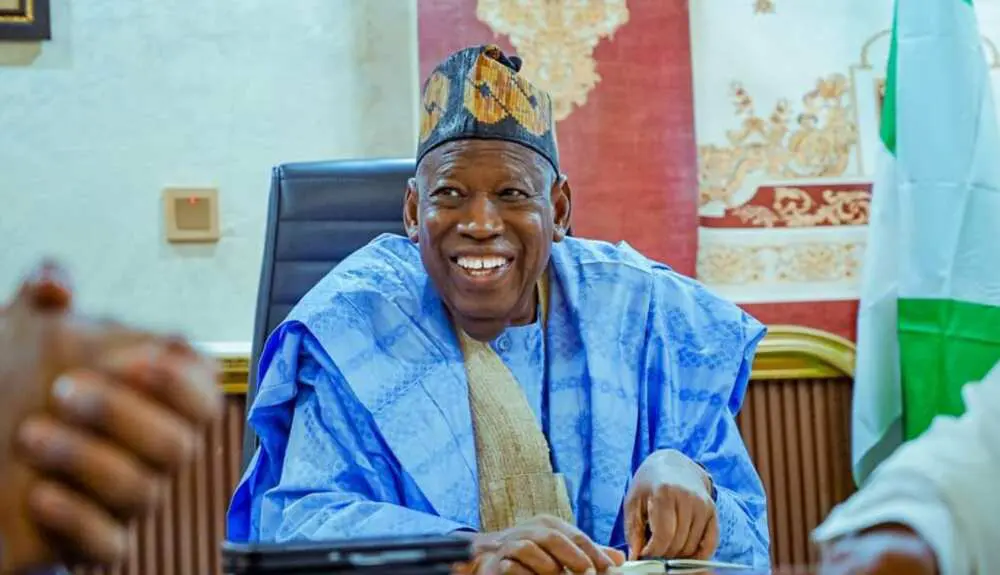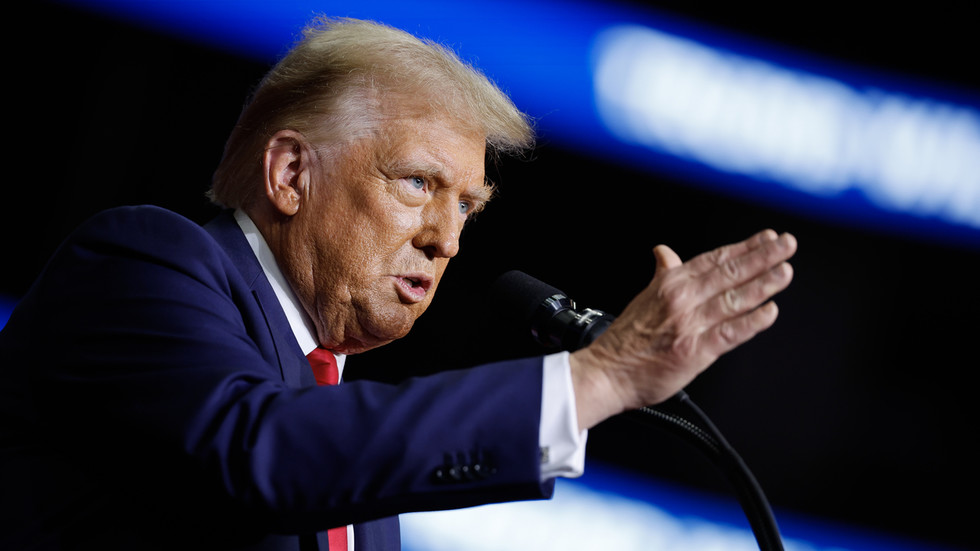African Economies Lose Billions Due to Negative Media Coverage
A recent study has revealed that the negative coverage of African affairs by Western media entities is depriving the continent’s economies of an estimated US$4.2 billion annually. The study, compiled by Africa Practice and Africa No Filter, blames the stereotypical portrayal of Africa by Western media for eroding investors’ confidence and stunting growth.
The study, titled “The Cost of Media Stereotypes to Africa,” focuses on electoral processes in Kenya, Nigeria, South Africa, and Egypt, and the skewed coverage from giant media entities from the Global North. It notes that African countries receive more media attention during elections, but with a disproportionate focus on negative issues like violence and election fraud.
The study suggests that non-African countries with similar risks during the electioneering period receive more favorable coverage from Western media, adding that the continent could save up to 0.14 percent of its gross domestic product (GDP) annually, subject to positive media sentiment. The US$4.2 billion in losses occasioned by negative media coverage annually could fund the education of 12 million African children, provide immunization to over 73 million children, and help provide clean drinking water to two-thirds of the entire population of Nigeria.
The study also highlights the negative impact of biased media coverage on African elections, with 88 percent of media articles about Kenya during polling being biased and sensational, compared to only 48 percent for Malaysia. The study’s findings have sparked calls for a more balanced and positive media narrative about Africa, with the President of the African Development Bank Group, Akinwumi Adesina, urging the formation of a globally respected African media outlet to positively project the news of Africa to the world.
The study’s authors argue that promoting fairer, unbiased, and positive reporting about the continent will boost its credit rating and attract foreign direct investments in key sectors like tourism, manufacturing, and financial services. They also suggest that governments should amplify positive narratives, including sustained growth, expanding democratic space, innovations, and demographic dividend, as the continent mulls establishing its own credit rating agency.
The findings of this study serve as a wake-up call for African governments, media outlets, and international organizations to work together to promote a more balanced and positive media narrative about Africa, one that showcases the continent’s growth, progress, and potential. By doing so, Africa can unlock its true economic potential and become a more attractive destination for foreign investment and development.



